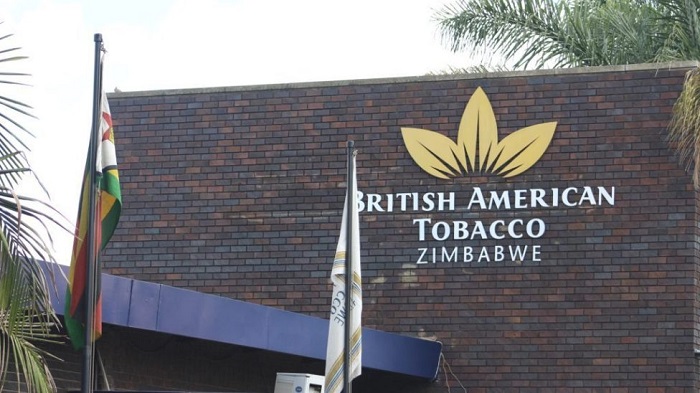BAT focuses on cost cutting for profitability
Zimbabwe Stock Exchange (ZSE)-listed British American Tobacco (BAT) Zimbabwe, says it is strategically focusing on cost reduction as part of initiatives to restore its profitability.
In the first half of 2024, the company made notable progress in cutting production costs, successfully reducing them from ZiG60 million to ZiG47 million.
Administrative expenses also saw a decrease, dropping from ZiG42 million to ZiG33 million. These initiatives demonstrated a commitment to tightening financial controls.
The effectiveness of these cost reduction strategies continued to show in the third quarter results, where operating costs were reduced by 33 percent due to the implementation of strategic cost optimization measures.
To combat the competitive threat posed by the burgeoning market of low-cost cigarettes, BAT recognises the necessity of enhancing its promotional efforts across its product lines.
The cigarettes manufacturer achieved after-tax profitability back in 2021, and in the intervening period, the company has experienced financial losses.
BAT believes the primary threat to its business is the influx of low-cost cigarette brands from neighbouring countries, compounded by the rise of new market entrants eager to capture market share.
According to BAT, the development of robust pricing strategies will also be pivotal in elevating brand visibility and ensuring BAT remains competitive against local rivals in a challenging market landscape.
A notable decline in BAT’s sales volumes has mirrored its financial setbacks, suggesting that the difficulties faced by the company extend beyond macroeconomic inflationary pressures to include various complex internal issues.
In the third quarter, ending September 30, 2024, BAT reported a nine percent decrease in sales volumes, a downturn that coincided with a 35 percent revenue decline resulting in total revenue falling to ZiG248 million.
BAT board chairperson Mr Lovemore Manatsa attributed the dip in sales volumes to a recent change in the functional currency, which was short in supply upon introduction which created challenges for transaction processes.
He, however, noted that the company was pursuing rigorous cost-reduction strategies designed to mitigate high operational expenses and facilitate a much-needed return to profitability.
“In response to the economic challenges, we implemented dual currency billing, offering flexibility to customers and ensuring business continuity.
“We also reviewed our Route-to-Consumer operations, creating a robust and future fit model that is responsive to evolving consumer and market trends,” said Mr Manatsa in the nine months trading update to September 2024.
BAT has lately been facing a myriad of challenges, including heavy tax burdens imposed by the Zimbabwe Revenue Authority (ZIMRA), which strain financial resources.
During the first half of 2024, despite enduring substantial losses, BAT had to allocate nearly half of its revenue, which amounted to ZiG112 million, to fulfil tax obligations.
This was compounded by the overall difficult operating environment in the country as operational costs escalated due to persistent power outages disrupting manufacturing processes and rising electricity tariffs charged by power utility, Zesa.
Over the past year, Zesa increased electricity tariffs three times, resulting in companies, particularly in the mining sector, allocating around 20 percent of their revenues to cover electricity bills.
-herald











